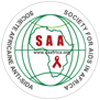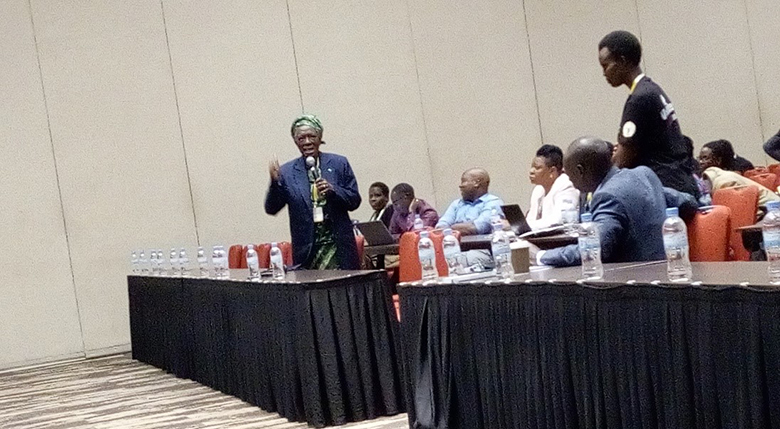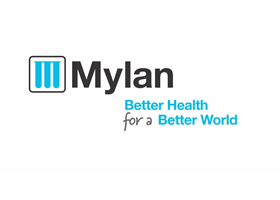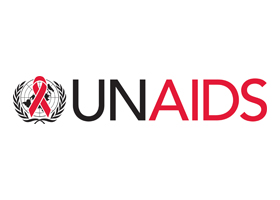Time: 10:45am-12:15pm
Room: MH1
Reporter: UMUBYEYI Benie Raissa and Mahoro Gisele
The session had a speaker, Dr Jean Damour Ndahimana, who made a call to community health care workers at the frontline to integrated HIV care into the general healthcare system. He started by describing the roadmap of how Rwanda had implemented HIV service delivery to the current point of using the differentiated service delivery model. He highlighted that Rwanda had about 58,400 community workers and most of them work in rural areas giving counselling help, improving community knowledge about diseases and helping into support service delivery in basic health facilities. He emphasized that the community health care workers play a great role in improving public health as everyone is assigned to 50 patients to care and provide supportive healthcare too. In addition, they provide support to special groups like adolescents and young HIV-infected persons in school especially those in boarding schools and key populations (female sex workers and men having sex with men).
A delegate, who is a mother from Sierra Leone, shared her testimony: she has a daughter living with HIV whom she has to administer her drugs too in the toilet so she does not have to disclosure her status to her peers. Other participants highlighted how challenging it can be for high school students living with HIV to manage drug adherence because of the stigma and high discrimination from other schoolmates.
Dr Damour shared some mitigation plan to reduce the impact of challenges highlighted. These include implementing supportive school health care program, adolescent peer education, putting in specific measures to address stigma and discrimination, and integration of HIV care into other health care services. He highlighted that individuals feel burdened to come to the hospital every month for drug refills resulting in missed appointment with implications for HIV related deaths. The decision by the Rwandan government single change from monthly drug refill to three monthly drug refill reduced the number of persons dying from HIV by 10%.
Milliam Mere, a participant from Kenya and a champion for HIV-free Africa, noted however that one of reasons for health care providers to provide optimal services is that volunteers are not paid. It is important to train those who provide supportive care to be trained so we move these cadre of staff from volunteerism to professionalism.














